In 1965, Dr Yoshiro Hatano, a Japanese professor at Kyushu University of Health and Welfare, developed a device called a “manpo-kei”, which translates as “10,000-step meter” and was the first iteration of the now-ubiquitous step counter.
Wearable technology has come a long way since then, transforming the way we track health and fitness. Today’s devices provide users with detailed insights into their physical activity, recovery, stress, sleep patterns and menstrual cycles. However, as the wearables market continues to grow, there are concerns about whether our obsession with data could negatively affect our overall wellbeing.
Tracking health data does, of course, have its advantages, and personal trainer Matt Bevan, who trains actors for roles in Hollywood films and TV series, recognises that wearable devices can encourage healthy self-reflection. “The data we receive is a consequence of lifestyle choices,” explains Bevan. “For instance, having an alcoholic drink in the evening often correlates with a poor sleep score the following day. This allows you to reflect on your behaviour, make informed choices, and build positive habits.”

Dr Josephine Perry, a sports psychologist and author of The Ten Pillars of Success, agrees that trackers can help build healthy habits and, in some cases, offer a reality check that prompts change. However, she points out that not everyone responds to data in the same way. “In my research with endurance athletes, I found those who use a lot of fitness technology are at greater risk of exercise addiction, which can lead to injury, mental health issues and strained relationships,” she remarks.
For some, tracking their sleep cycles and recovery can motivate them to make positive changes. But for others, obsessing over the data could lead to anxiety about sleep.
Perry warns that for individuals already highly focused and determined, a fitness tracker might do more harm than good. Acclaimed London-based physiologist Oliver Patrick has observed a similar pattern. “In many cases, particularly with sleep coaching, I see wearables and quantification having a negative impact rather than a positive one,” he says. “The fixation on hitting a digital target – despite limited evidence that a particular ‘number’ has any meaningful impact on health, wellbeing or performance – can lead people to engage in behaviours that may prove negative to overall health. Failing to meet wearable-induced targets often creates its own set of challenges, ranging from anxiety to sleep disturbances.”
Sleep is a particular area of concern when discussing health data. Dr Shelby Harris, director of sleep health at Sleepopolis, a mattress-review website, explains, “For some, tracking their sleep cycles and recovery can motivate them to make positive changes. But for others, obsessing over the data could lead to anxiety about sleep and even ‘orthosomnia’, the obsession with achieving perfect sleep.”
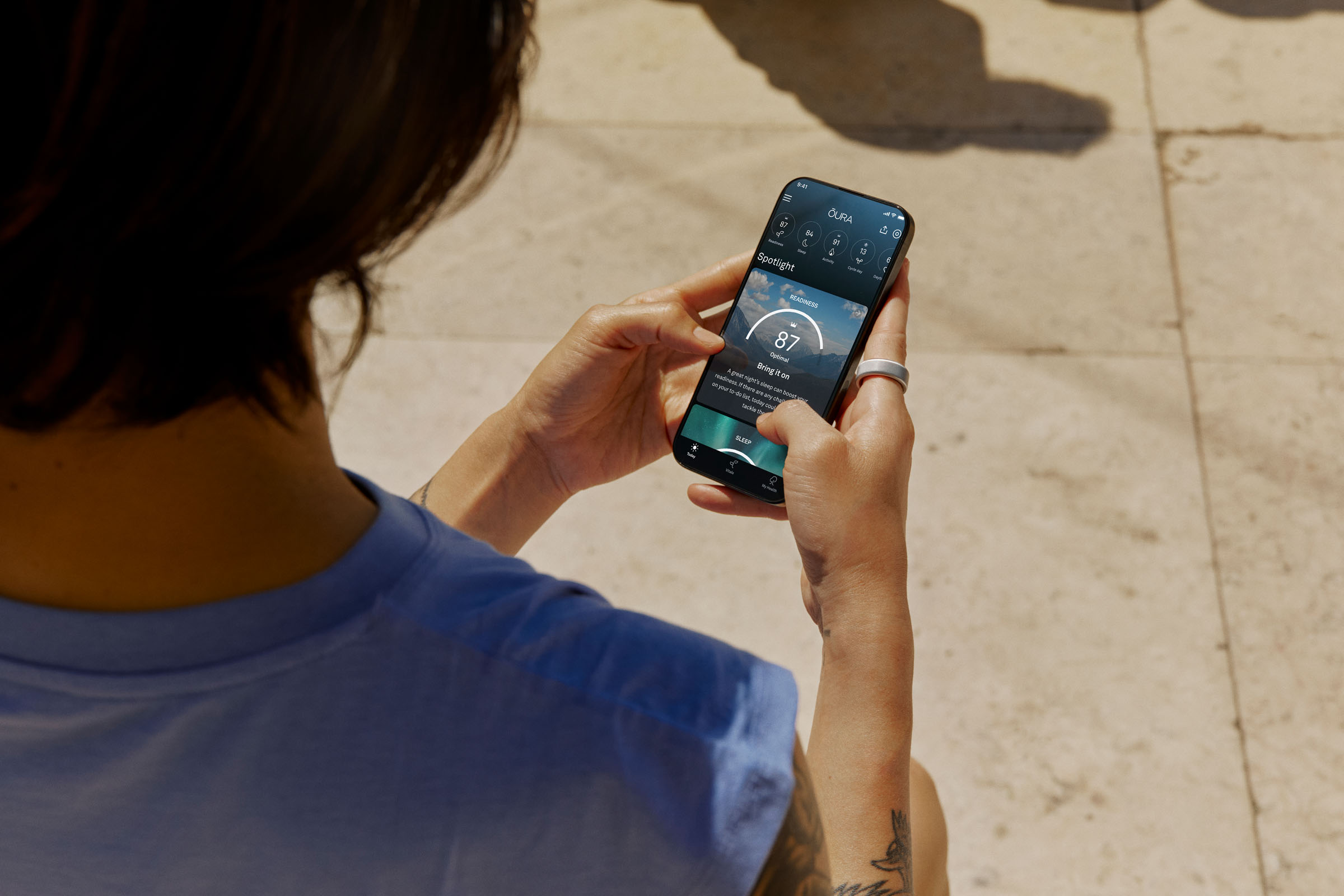
Dr Harris believes it’s important to balance the data with how you feel, using it as a guide rather than a strict rule. She advises focusing on long-term trends instead of worrying about nightly fluctuations. “If the data shows regular patterns, like you’re waking frequently, take the hint to adjust your sleep habits or talk to a sleep specialist,” she advises. Ultimately, though, how rested and refreshed you feel during the day matters more than the numbers. The key, Harris suggests, is to use the data as a tool to identify what works for you and what doesn’t, rather than viewing scores as a measure of success or failure.
As health becomes increasingly digitised, experts agree that staying attuned to how we feel is essential. Patrick believes that relying on devices to answer questions like “Am I stressed? Did I sleep? Am I fit?” before listening to our own instincts is concerning territory. “Monitors will come and go, adapt and change, but our sense of feeling remains consistent and critical over time,” he says. Patrick’s advice is to be mindful that wearables may weaken our connection with ourselves rather than bolster it.
Similarly, Dr Perry points out that tracking can sometimes take the natural joy out of exercise. “When we are focused on how fast we are going or whether we are hitting the right heart rate, we forget to look around and enjoy the environment we are in or the feeling of flow that can come from exercise,” she explains. As a psychologist, she prefers her clients to track things that devices can’t capture, such as enjoyment, the social aspect of sport and the people, situations or experiences they feel grateful for.

So, what is the final word on health and fitness trackers? Our wellbeing, Patrick reminds us, extends to behaviours across our movement patterns, nutrition, sleep, stress and recovery management, as well as cognitive health and social wellbeing. This makes the question of how wearables fit in a complex one.
“The key challenge for wearables – and wellbeing in general – is, ‘Am I measuring the right thing?’ Wearables, like wellbeing, have fragmented into a piecemeal approach, showing individuals their area of want, not necessarily their area of need,” he warns. While Patrick believes in data-driven decision-making across all areas, he hopes to see better data and coaching consolidation in the future so individuals don’t focus on their strengths ahead of their areas for greatest improvement.
Tried & Tested
Choosing a wearable device that suits your lifestyle is key. Here are our top picks.
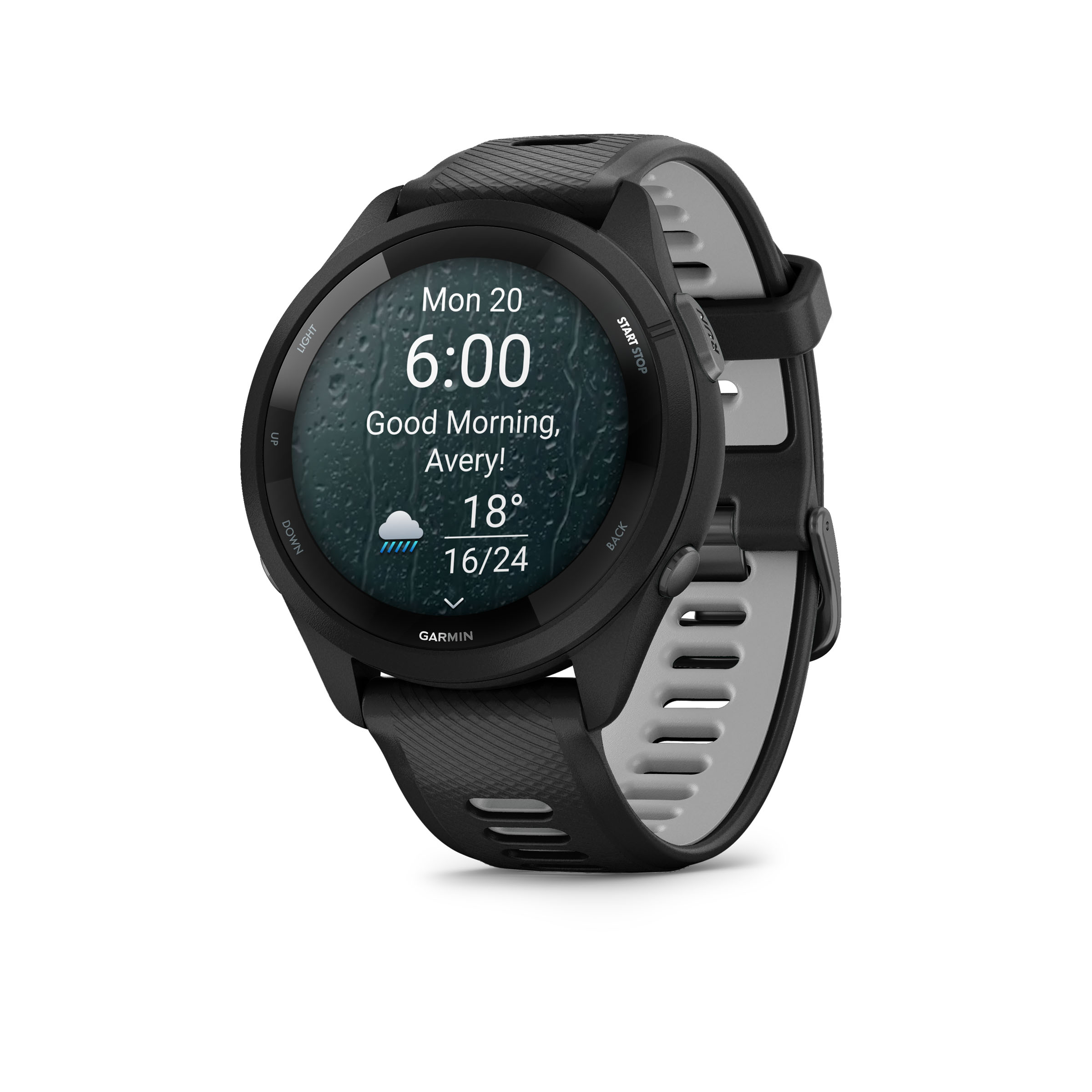
Garmin Forerunner 265
With a built-in GPS and long battery life, this smartwatch delivers reporting and coaching for runners, making it ideal for endurance athletes.
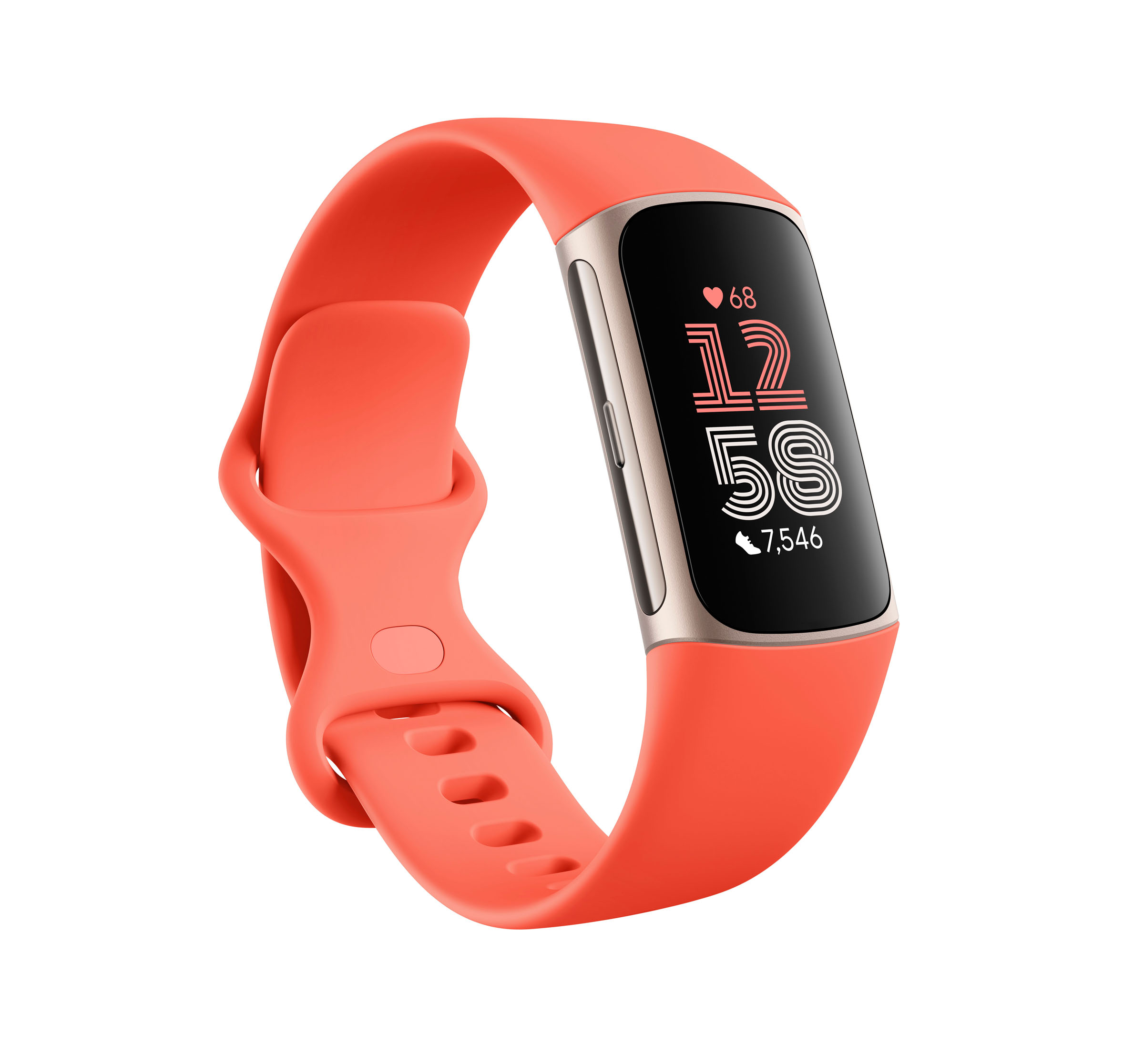
Fitbit Charge 6
Less elaborate than some other devices, the wearable’s sleek design and easy-to-interpret reporting make it an obvious choice for anyone who feels slightly overwhelmed by the idea of a fitness tracker.
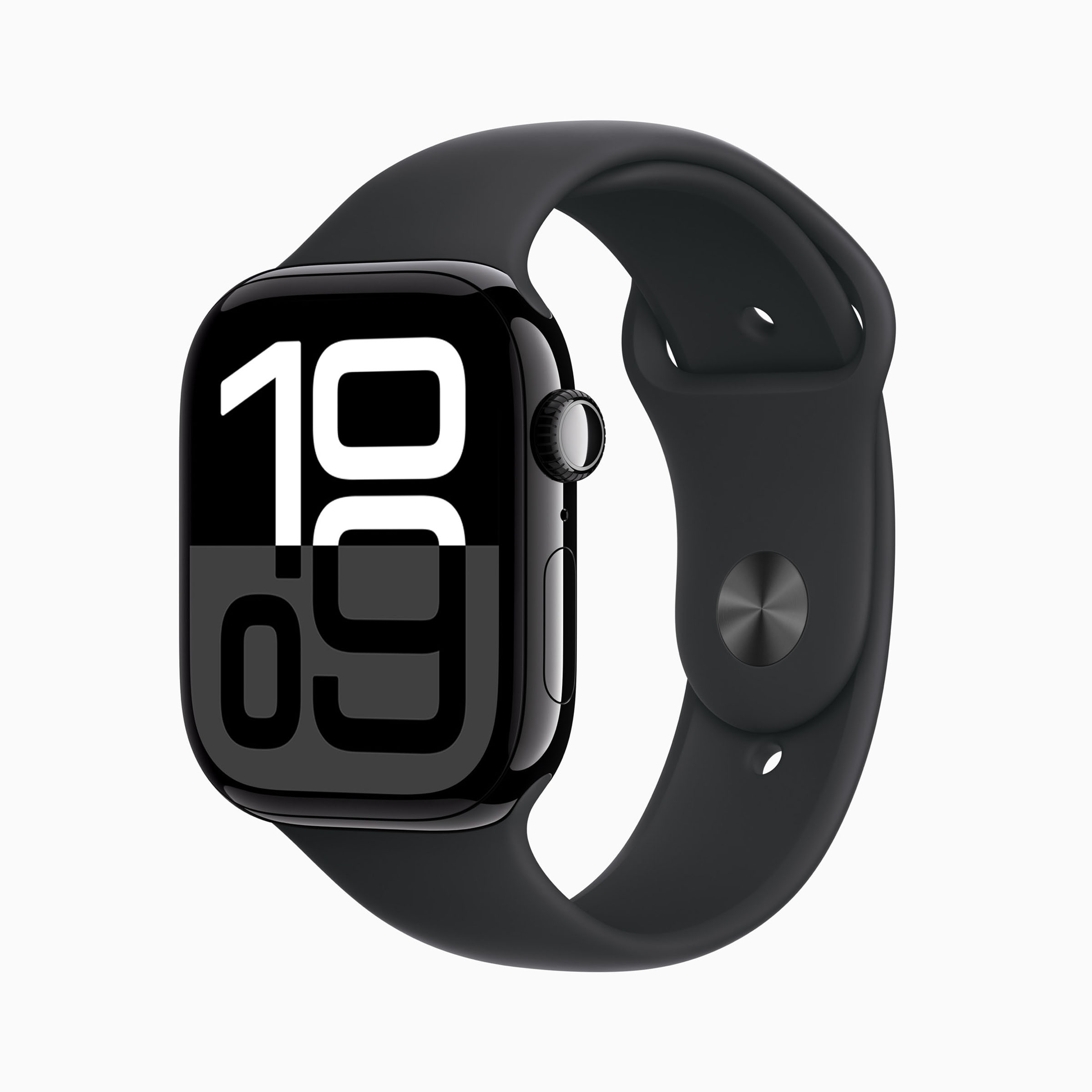
Apple Watch Series 10
A great all-rounder for iPhone users, the Apple Watch integrates with your smartphone, meaning you can answer calls or respond to messages while recording metrics.
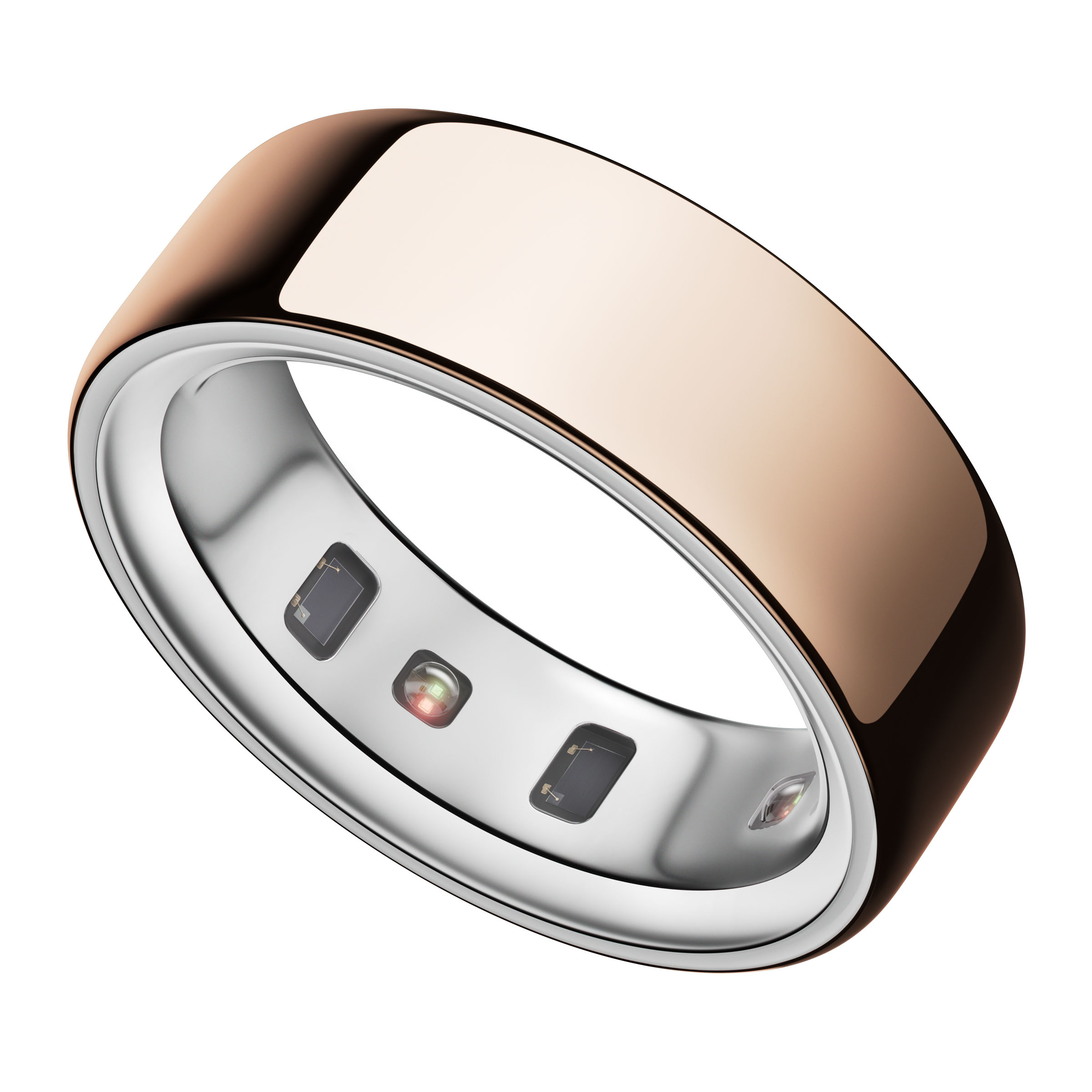
Oura Ring
A more discreet option, this infra-red smart ring is designed to be less distracting while still collecting around-the-clock insights into sleep, fitness and stress, which are accessed through the app.

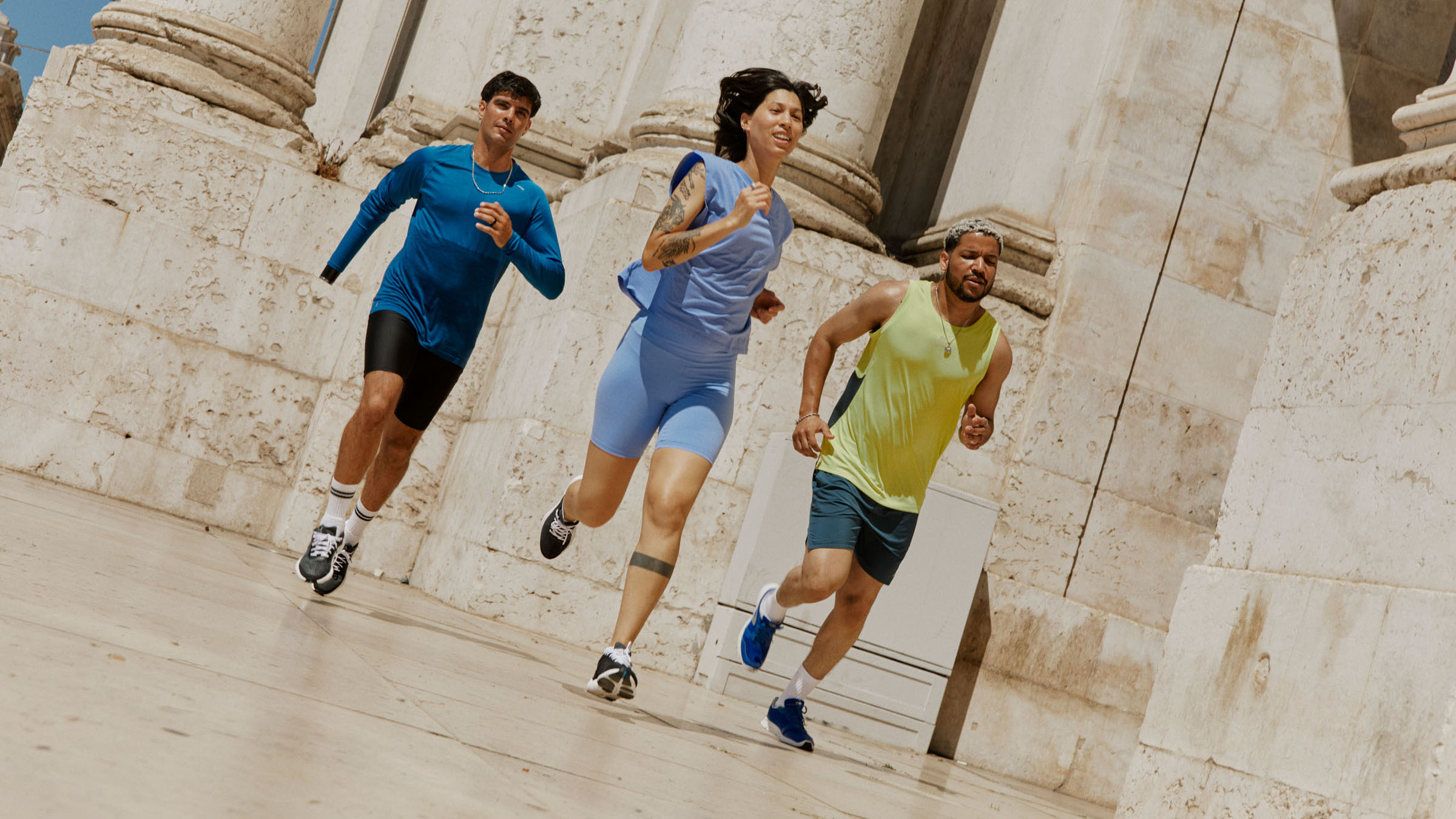
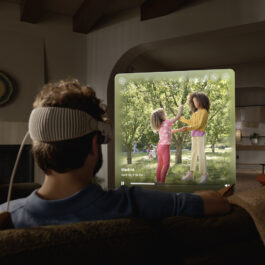
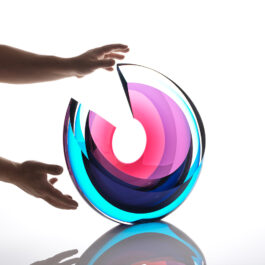


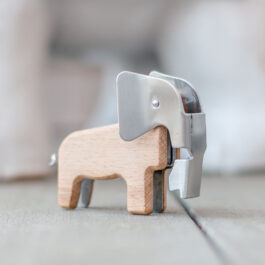

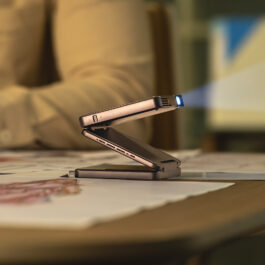





Sorry, the comment form is closed at this time.